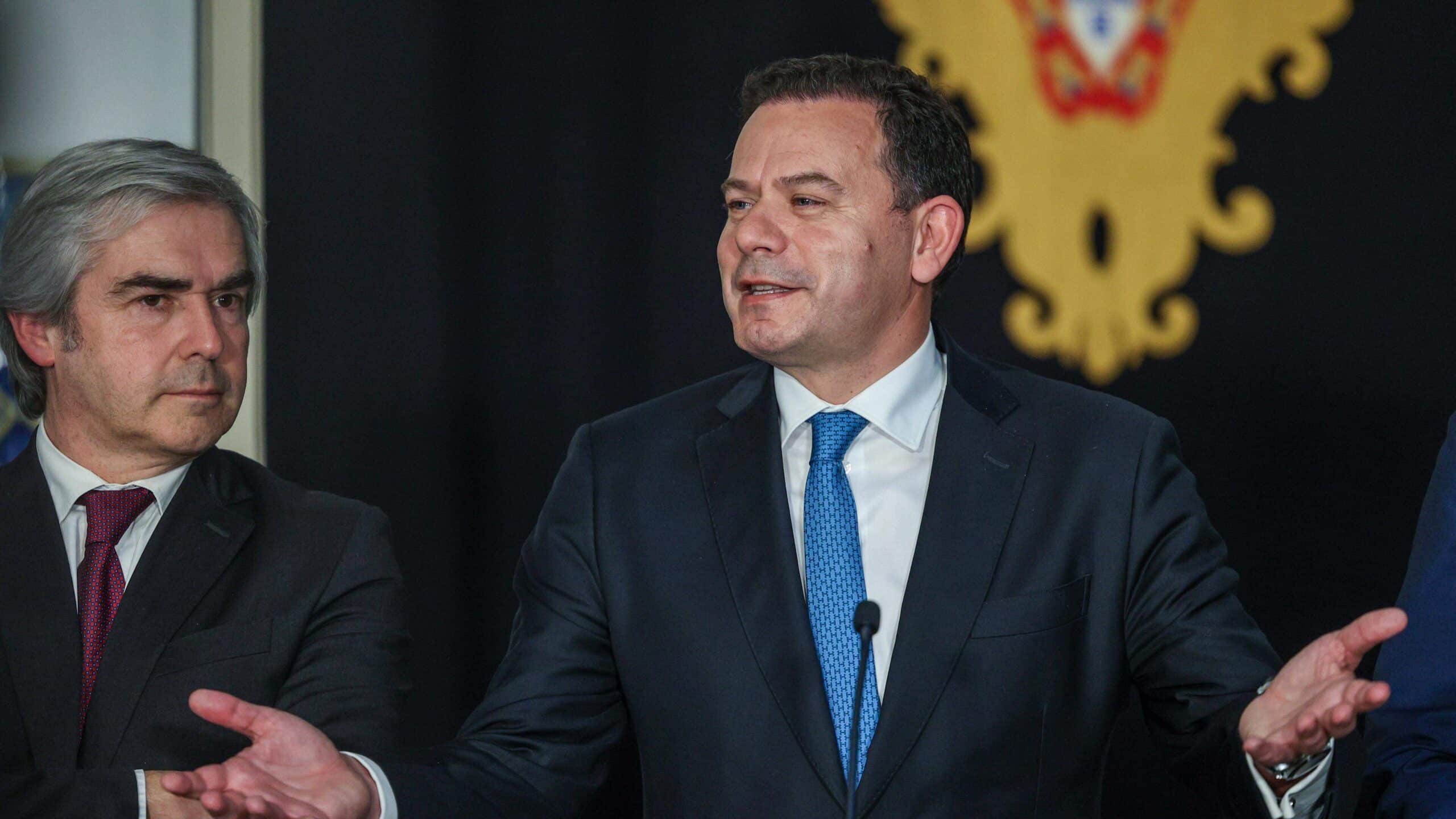New government to be presented March 28; takes office April 2
In a flurry of late night activity Portugal’s political future was finally ‘officially decided’: PSD president and leader of AD, Luís Montenegro, was appointed prime minister (he is now en-route to Brussels for an audience with European Commissioner Ursula Von der Leyen); he has a week to present his new government to President Marcelo and the plan is that this will then take office on April 2.
Reasons for the delay stem from the time it has taken to count votes from the emigré constituencies, the fact that political issues in Madeira have also to be sorted (see story to come) and the arrival of the Easter holidays.
The results of the emigré votes were delayed by their sheer volume. This latest election has been unprecedented in so many ways – essentially in the fact that not only national citizens, but emigrés too have thrown their lot in with ‘a new party’/ ‘a right wing party’ (those on the left will say ‘an extreme right wing party’): CHEGA.
CHEGA won two of the emigré seats in parliament (one for the European circle, the other for the non-European) taking the number of CHEGA MPs sitting in parliament from April 2 to 50.
AD (Democratic Alliance involving PSD/ CDS-PP/PPM) led by Luís Montenegro has ended up with 80 MPs (winning only one of the emigré seats); the Socialists have 78 (winning another).
Outgoing prime minister António Costa, in Brussels on a whistle-stop round of ‘final meetings’ with dignitaries, has congratulated Mr Montenegro and assured “best cooperation” in the handing over of various political dossiers.
Portugal’s new prime minister is due to meet with Ursula Von der Leyen at 10.45 in Brussels (local time) to “manifest total commitment and a clear signal” with regard to Portugal’s relationship with the European Union.
With the dust settling on this extremely long, drawn-out hand-over of power, Luís Montenegro becomes the 19th president of PSD social democrats to assume the leadership of a government – nine years after the party was ‘defeated’ by a combined left-wing power grab in the elections of 2015.
As reports and adversaries have continually repeated, Montenegro has no experience in government, although the past has seen him offered roles in the executives of Pedro Passos Coelho and Pedro Santana Lopes (which he refused for reasons connected with his family).
Political commentators writing through the night have stressed that it is now that the real challenges for Mr Montenegro begin: “the way ahead is filled with landmines and boobytraps”, writes Miguel Santos Carrapatoso of Observador. “Survival depends on the first few months” – or the first 60 days, as other pundits have already explained.




















